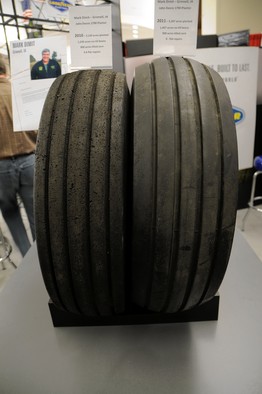Critical Thinker
Senior Member.
The 'usual suspects' are promoting the "March against Monsanto" http://www.march-against-monsanto.com/ Not surprisingly the list below is on their home page, right after a sales pitch to sell March against Monsanto T shirts. Just knowing that Alex Jones and the conspiracy crowd are pushing this agenda raises my doubts to it's validity. I thought that having a thread that addresses these concerns might be useful :
"On May 25, activists around the world will unite to March Against Monsanto.
Why do we march?
"On May 25, activists around the world will unite to March Against Monsanto.
Why do we march?
- Research studies have shown that Monsanto's genetically-modified foods can lead to serious health conditions such as the development of cancer tumors, infertility and birth defects.
- In the United States, the FDA, the agency tasked with ensuring food safety for the population, is steered by ex-Monsanto executives, and we feel that's a questionable conflict of interests and explains the lack of government-led research on the long-term effects of GM products.
- Recently, the U.S. Congress and president collectively passed the nicknamed "Monsanto Protection Act" that, among other things, bans courts from halting the sale of Monsanto's genetically-modified seeds.
- For too long, Monsanto has been the benefactor of corporate subsidies and political favoritism. Organic and small farmers suffer losses while Monsanto continues to forge its monopoly over the world's food supply, including exclusive patenting rights over seeds and genetic makeup.
- Monsanto's GM seeds are harmful to the environment; for example, scientists have indicated they have contributed to Colony Collapse Disorder among the world's bee population."

